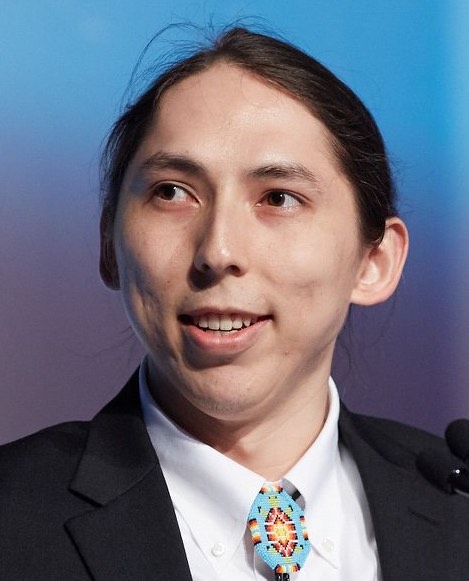
- Details
- By Kyle Edwards
MILWAUKEE, Wis. –– The Potawatomi Hotel & Casino is laying off more than half of its workforce, about 1,600 workers, as a result of the economic challenges brought on by the COVID-19 shock.
The casino, which closed its doors in March as the nation went into quarantine, held a “soft reponing” on June 8 for “invited guests only,” according to a press release in early June. To grapple with the health and safety challenges of opening up for business, the casino introduced a number of new regulations, including a reduction of its daily hours of operation from 9 a.m. to midnight, a maximum capacity of 600 guests at any time and required temperature scans for employees and visitors upon entry.
“The coronavirus pandemic has forced Potawatomi Hotel & Casino to scale down operations substantially and place a cap on guest traffic to a fraction of normal levels,” said Rodney Ferguson, CEO and General Manager of Potawatomi Hotel & Casino, in a statement. “As a result, we have recently made the difficult decision to notify a large number of our staff on a temporary furlough that we consider the furlough to be permanent because of its unforeseeable length and impact.”
The Milwaukee casino, which is owned and operated by the Forest County Potawatomi Community, generates more gaming revenue than any other casino in the state. In Wisconsin, revenue from Indian-owned gaming is considered the main economic engine for the state’s 11 reservations. Prior to the shutdown, the Potawatomi Hotel & Casino had 2,600 employees.
“As a business that places care for its team members as a top priority, this is a decision that was not made lightly. It’s one that hurts,” Ferguson said a statement. “Those affected helped build Potawatomi Hotel & Casino into the most visited entertainment destination in the state of Wisconsin. That is not lost on members of business or tribal leadership.”
The permanent layoffs take effect Aug. 15.
More Stories Like This
American Basketball Association Announces Native ABA InitiativeFour Winds South Bend Upgrades to Class III Gaming Casino
Native News Online Wins Two Awards from Native American Journalists Association
Wahlberg Brothers Are a Big Hit at Indian Gaming Tradeshow and Convention in Las Vegas
Native Gro Offers Tribes a ‘One-Stop Shop’ for Entering the Cannabis Industry
Help us defend tribal sovereignty.
At Native News Online, our mission is rooted in telling the stories that strengthen sovereignty and uplift Indigenous voices — not just at year’s end, but every single day.
Because of your generosity last year, we were able to keep our reporters on the ground in tribal communities, at national gatherings and in the halls of Congress — covering the issues that matter most to Indian Country: sovereignty, culture, education, health and economic opportunity.
That support sustained us through a tough year in 2025. Now, as we look to the year ahead, we need your help right now to ensure warrior journalism remains strong — reporting that defends tribal sovereignty, amplifies Native truth, and holds power accountable.
 The stakes couldn't be higher. Your support keeps Native voices heard, Native stories told and Native sovereignty defended.
The stakes couldn't be higher. Your support keeps Native voices heard, Native stories told and Native sovereignty defended.
Stand with Warrior Journalism today.
Levi Rickert (Potawatomi), Editor & Publisher

